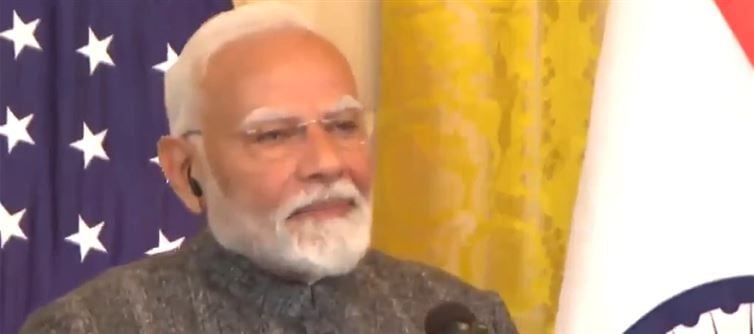
Trump’s repeated emphasis on a ceasefire and increasing tariffs appears less about diplomacy and more about tactical pressure. His rhetoric directly impacts global commodity markets, especially oil and trade, where india is a major stakeholder. Yet, Modi has chosen silence over confrontation—even as trump openly boasts about deals that may undercut India's strategic and economic interests. His unwillingness to name trump or challenge his claims reveals a troubling vulnerability. It paints a picture of a prime minister who is not just diplomatically restrained, but perhaps politically compromised—unable or unwilling to assert India's sovereignty on the world stage.
What emerges is a deeply unsettling narrative of collusion masked as diplomacy. From Adani’s exits to Trump’s revelations, every move points toward a concealed nexus where national interest is secondary to corporate gain. Modi’s silence is not just weakness—it’s complicity. The shift from loud nationalism to quiet submission reflects a leadership that is no longer accountable to its people, but to its billionaire backers and global strongmen. A prime minister unwilling to stand up for the country against foreign meddling or domestic corruption poses a grave threat—not just to democracy, but to national security itself.




 click and follow Indiaherald WhatsApp channel
click and follow Indiaherald WhatsApp channel